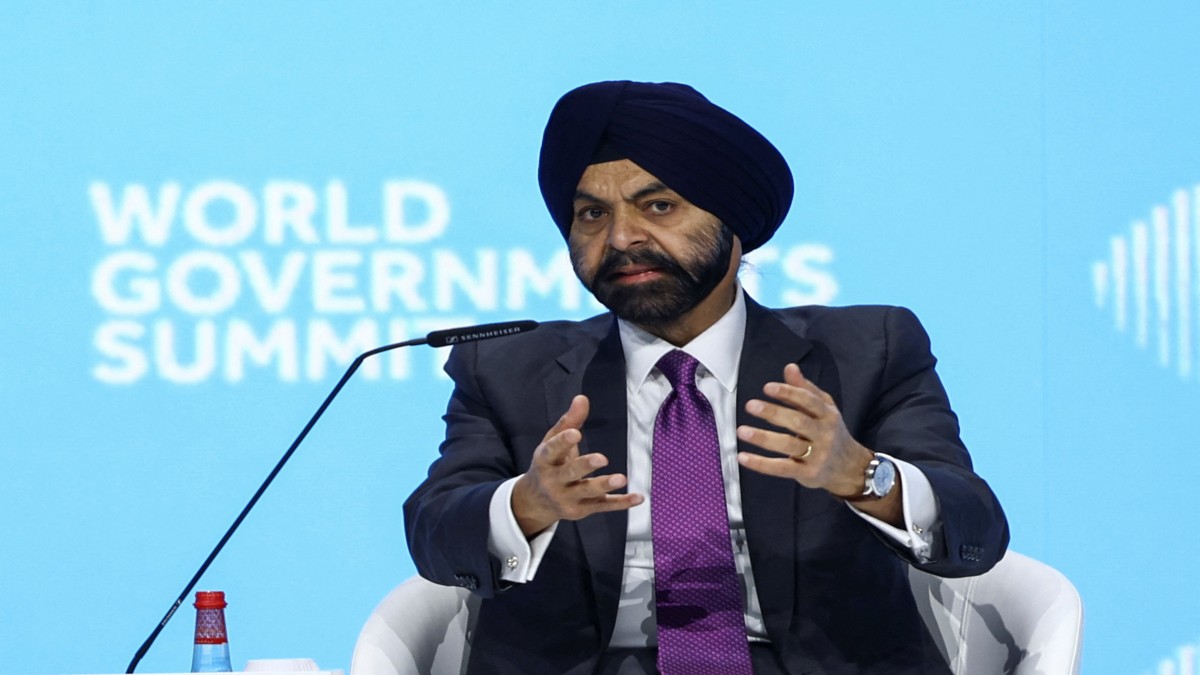Ajay Banga, president of the World Bank, announced that the organisation would begin making more of its confidential data public starting next week, including information on debt defaults. This move is part of an effort to increase private sector investment in developing nations.
Speaking at the China Development Forum early on Sunday, China time, Banga stated that the World Bank Group generated $42 billion in private funding for bond issuance last year and mobilised $41 billion in private capital for developing economies; both amounts are expected to be surpassed this year.
However, he acknowledged that more work needed to be done and that the bank was working to remove obstacles that prevented the private sector from investing in developing nations.
Economic growth has slowed in developing countries, with growth falling to barely 4% from 6% in two decades, Banga said, noting that each lost percentage point dragged 100 million people into poverty, while debt levels were rising.
Banga noted that developing countries also faced an “unimaginable” gap between 1.1 billion young people expected to enter the workforce in the next decade and expected job creation of just 325 million jobs.
To better understand the issues, the bank convened a focus group with 15 chief executives of asset management companies, banks and operators who identified concerns such as regulatory certainty, political risk insurance and foreign exchange risk, he said.
Impact Shorts
More ShortsThe bank last month already announced reforms that will consolidate its loan and investment guarantee structure and triple its annual guarantees to $20 billion by 2030.
Starting next week, Banga said, the bank and a consortium of development institutions would also start publishing private sector recovery data by county income level, as a step to inspire investor confidence.
The World Bank would also publish private sector default data broken down by credit rating, as well as sovereign default and recovery rate statistics dating back to 1985, he said.
“All this work contributes to one goal: getting more private sector capital into developing economies to drive impact and create jobs,” Banga said.
The former Mastercard CEO said the bank was also working on a longer-term effort to build a securitization platform that will make it easier for pension funds and other institutional investors to bring their $70 trillion to emerging markets.
Bundling large standardized investments in one package would encourage meaningful investment at scale, overcoming the current patchwork of small, bespoke loans that each had their own documents, risk and pricing, he said.
China’s “remarkable journey” in the past five decades was a testament to what is possible, Banga said, noting China had created hundreds of millions of jobs, sharply reduced poverty and cut emissions. Once a major World Bank borrower, China is now one of the bank’s biggest donors, he added.
)